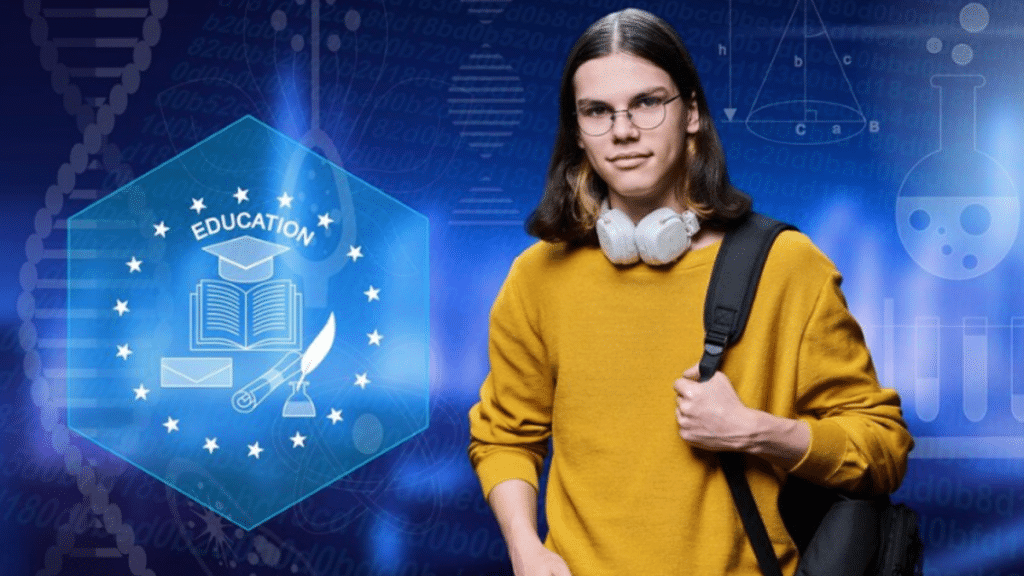The rapid pace of technological innovation is reshaping industries and creating opportunities that demand new skill sets. Universities worldwide are rising to this challenge by offering programs tailored to prepare students for the technologies of the future. These programs emphasize practical skills, interdisciplinary learning, and collaboration with industry partners to ensure students are job-ready and equipped to lead in tomorrow’s tech-driven world.
The Importance of Future-Focused University Programs
In an era where artificial intelligence, machine learning, blockchain, and renewable energy are transforming the global economy, universities play a critical role in nurturing talent. Future-focused programs are designed to provide students with the knowledge and adaptability required to navigate these advancements. Beyond theoretical understanding, students learn how to apply emerging technologies to solve real-world problems, fostering innovation and entrepreneurship.
Key Features of Future-Ready Programs
Modern university programs emphasize three essential components: interdisciplinarity, industry collaboration, and hands-on experience.
1. Interdisciplinary Learning
Students benefit from courses that i\ntegrate fields like computer science, data analytics, business, and social sciences. This approach ensures they can view technological challenges through a holistic lens. For example, a program combining data science and environmental studies prepares graduates to address global sustainability issues using cutting-edge analytics tools.
2. Industry Partnerships
Collaborations with technology companies and startups give students access to internships, mentorship opportunities, and industry-relevant projects. These connections often result in faster employment pathways and ensure curricula remain relevant to the demands of the job market.
3. Hands-On Training
Programs now prioritize project-based learning, hackathons, and labs where students can experiment with AI models, build prototypes, or develop software applications. Such experiential learning bridges the gap between academic knowledge and practical application.
Certificate Programs: A Pathway to Specialized Skills
In addition to traditional degree pathways, certificate programs are gaining popularity among students and professionals seeking to upskill quickly. These programs focus on specific areas, such as blockchain technology, cybersecurity, or AI, offering intensive and targeted training. With shorter durations and flexible schedules, they are ideal for those looking to enhance their qualifications without committing to a full degree.

Programs Focused on Artificial Intelligence and Machine Learning
AI and machine learning are revolutionizing industries, from healthcare to finance. Recognizing this, universities are offering specialized programs in these fields.
Students in AI programs explore algorithms, data science, neural networks, and ethical AI implementation. For instance, they might build predictive models to detect diseases early or develop algorithms for autonomous vehicles. By combining theoretical courses with real-world projects, these programs prepare students to excel in AI roles like data scientist, AI engineer, and research analyst.
Blockchain and Cryptocurrency Education
Blockchain technology is redefining how transactions and data are managed, with applications in finance, healthcare, and beyond. Universities now offer courses that delve into blockchain architecture, decentralized applications (dApps), and the principles of cryptocurrency.
These programs are often enriched by industry collaborations, where students work on projects such as designing secure blockchain systems or optimizing smart contracts. This training equips them to enter roles in blockchain development, financial technology, or IT security.
Renewable Energy and Sustainability Programs
Future technologies are not just about digital innovation—they also include advancements in sustainable energy. Universities are investing in programs that train students to work with solar energy, wind power, and energy-efficient systems.
Hands-on labs and partnerships with clean energy firms enable students to design, install, and manage renewable energy systems. These programs align with global goals for sustainability, offering career paths in energy consulting, project management, and environmental policy.
Preparing for the Future: Why It Matters
As industries continue to evolve, the demand for tech-savvy professionals with specialized skills will only grow. Universities and organizations like CREN are key players in preparing students for this future. By offering innovative programs, fostering partnerships, and promoting certification opportunities, they ensure the next generation of professionals is equipped to lead in an increasingly digital world.
Choosing the right program is essential for students aspiring to thrive in tomorrow’s job market. Whether through a traditional degree or a focused certificate program, investing in future-ready education today can unlock endless possibilities tomorrow.
Conclusion
The intersection of education and technology is reshaping how students prepare for their careers. Programs focusing on future technologies empower learners to innovate, adapt, and succeed in a competitive global economy. By integrating theoretical knowledge with practical skills and offering resources like certificate programs and digital credentials through initiatives such as cren.net, universities are creating pathways to a brighter and more technologically advanced future.
